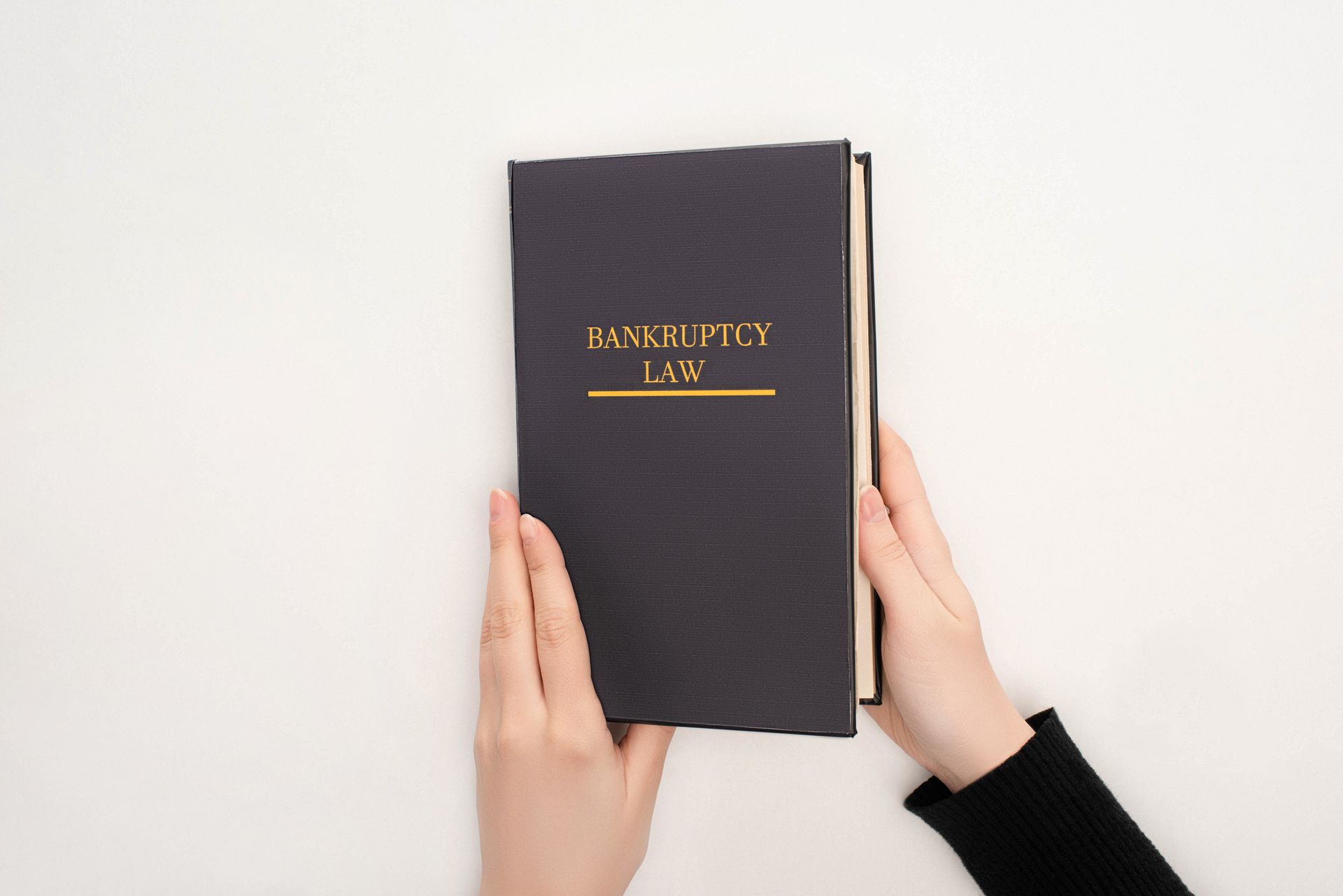What Happens to Valuable Pets During Bankruptcy?
Many people think of their pets like family, but according to the law, pets are actually assets, and bankruptcy courts may also see them as a leisure expense since pet care can be pricey.
Are Pets Immune from Bankruptcy?
Since the law recognizes pets as legal assets, and the court may see pet care as an expense that pulls funds away from the amount available to pay creditors, pets are not immune from bankruptcy. So it’s only natural to worry about how your bankruptcy will affect your pets.
Pets and Bankruptcy: It’s Complicated
How pets are handled during a bankruptcy can be a complicated area of law, so it’s best to reach out to discuss your specific situation with an experienced bankruptcy attorney if you have questions. However, generally speaking, we can run through the basics.
Pets and Your Chapter 7 Bankruptcy
When you file Chapter 7 bankruptcy, most of your unsecured debts are discharged (including credit card debt and medical debt). In exchange for the bankruptcy discharge, the bankruptcy trustee sells the petitioner’s nonexempt property and distributes the proceeds to creditors. As legal assets, pets (defined as “non-farm animals) must be listed on line 13 of the schedule.
Is My Chapter 7 Bankruptcy Trustee Going to Sell My Dog or Cat?
You are required to list your non-farm animal pets on line 13 of the schedule, but that doesn’t mean that the bankruptcy trustee will sell your dog or your cat (or your hamster, guinea pig, etc.). For the bankruptcy trustee to be interested in selling any asset, they must hold value to someone other than the petitioner. The bankruptcy court is not interested in taking things from bankruptcy petitioners just to take them. They only want to treat the creditors as fairly as possible by selling valuable assets that help provide as much payment as possible before discharging the remainder of what creditors are owed. In most cases, pets have no value. On the schedule, petitioners also list the market value of each asset. Your dog might be priceless to you, but you can likely list the value as $0 since no one else wants to pay just to get their hands on your dog.
What If My Pets Do Have Market Value?
Now, if your pets do have a market value, the situation changes. For instance, if your pet is an exotic bird or a rare reptile with a definite value or if you have pets that you breed and sell and profit off regularly, etc., the court may view the animal as less of a pet and more of an income-generating asset. You still have options, though. Consult with an experienced bankruptcy attorney to ask about how you can keep your pets during Chapter 7 bankruptcy.
Pets and Your Chapter 13 Bankruptcy:
In Chapter 13 bankruptcy , petitioners do not lose any assets, so they do not need to worry about the bankruptcy trustee taking their pet to sell for funds. However, a Chapter 13 bankruptcy requires petitioners to contribute all disposable income to creditors in exchange for the remaining debt discharged at the end of the agreed-upon Chapter 13 repayment plan (3-5 years). Pet care is an expense, and while most trustees will not have a problem with a small monthly amount contributed to pet care and pet food, a significant expense may raise objections. High pet care costs can be an issue for pet owners caring for animals with special needs or medical problems. For example, if pet care expenses exceed $500/month, the bankruptcy trustee may flag the expense as unreasonable. If you need help figuring out how to file Chapter 13 bankruptcy with high pet care costs, contact an experienced bankruptcy attorney.
If you need to file bankruptcy and are nervous about losing your pet, please don’t hesitate to get in touch. Most bankruptcy offices in the Chattanooga area don’t have a single Consumer Bankruptcy Specialist on staff. Our office is the only one with two. You are in good hands with Kenneth C. Rannick P.C.
The post What Happens to Valuable Pets During Bankruptcy? appeared first on Kenneth C. Rannick, P.C..










